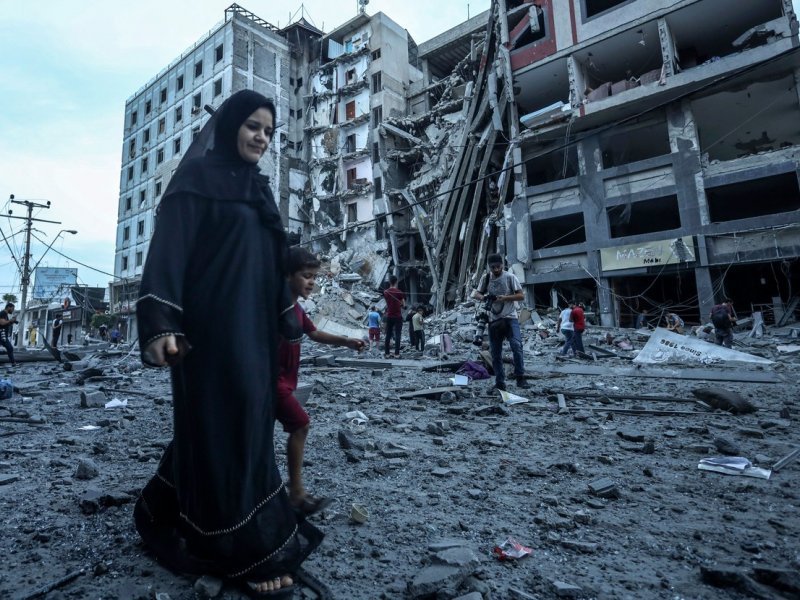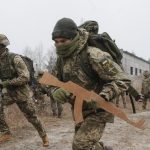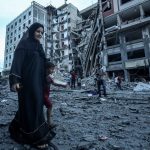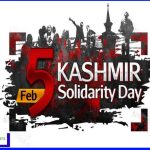Ongoing Tensions and Humanitarian Crises in Gaza and the West Bank
Introduction
The ongoing tensions and humanitarian crises in Gaza and the West Bank have drawn global attention, highlighting the dire situation faced by millions of Palestinians. These conflicts have led to severe human suffering, economic instability, and widespread destruction. The ongoing tensions and humanitarian crises in Gaza and the West Bank continue to escalate, causing further distress. This article explores the root causes, current challenges, and possible solutions to the ongoing humanitarian crisis in Gaza and the West Bank.
Historical Context of the Gaza and West Bank Conflict
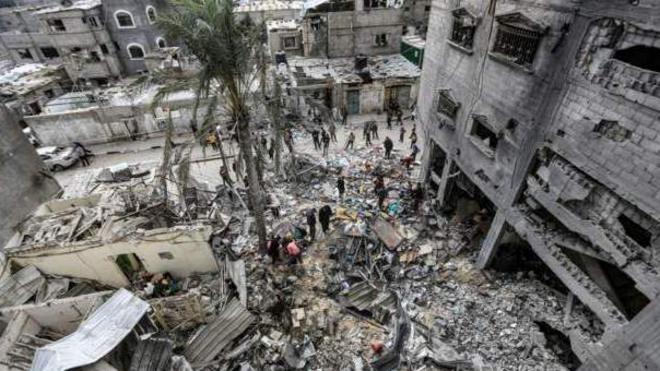
The Israeli-Palestinian conflict has been a long-standing geopolitical issue rooted in territorial disputes, historical grievances, and political differences. The West Bank and Gaza have remained contentious territories, with frequent escalations of violence, blockades, and military interventions exacerbating the crisis. The ongoing tensions and humanitarian crises in Gaza and the West Bank remain a crucial international concern.
Key Historical Events
- 1948 Arab-Israeli War – Led to the displacement of hundreds of thousands of Palestinians.
- 1967 Six-Day War – Israel occupied the West Bank and Gaza, intensifying tensions.
- Oslo Accords (1993 & 1995) – Provided a framework for peace but failed to establish long-term stability.
- Hamas Takeover of Gaza (2007) – Marked a turning point in the region’s governance and security.
Current Humanitarian Crisis in Gaza and the West Bank
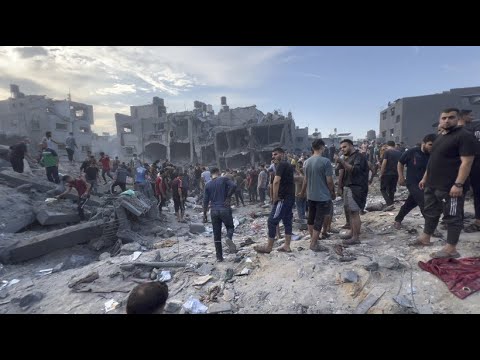
The ongoing tensions and humanitarian crises in Gazaand the West Bank have led to widespread human rights violations. The humanitarian crisis in Gaza and the West Bank has reached alarming levels, with shortages of essential resources, medical supplies, and housing exacerbating the suffering of Palestinian civilians.
Humanitarian Challenges
- Blockades and Restrictions
- Gaza has been under blockade since 2007, limiting the movement of goods and people.
- West Bank residents face numerous restrictions, including checkpoints and settlement expansions.
- Health and Medical Emergency
- Hospitals lack basic supplies, medical equipment, and personnel.
- Frequent power outages hinder emergency medical treatments.
- Food and Water Scarcity
- 80% of Gaza’s population relies on humanitarian aid for food.
- Limited access to clean water and sanitation increases disease risks.
- Impact on Children and Education
- Schools are frequently damaged or repurposed as shelters.
- Mental health crises among children due to continuous violence.
Political and Military Escalations

Ongoing Clashes and Military Operations
The ongoing tensions and humanitarian crises in Gaza and the West Bank are exacerbated by frequent military clashes. The region witnesses recurrent clashes between Israeli forces and Palestinian groups, leading to casualties and destruction.
- Airstrikes and Retaliation Attacks – Periodic escalations result in civilian casualties.
- Settler Violence in the West Bank – Tensions continue to rise due to land disputes and forced evictions.
- Rocket Attacks from Gaza – Hamas and other militant groups frequently launch attacks, met with Israeli countermeasures.
International Response and Aid Efforts
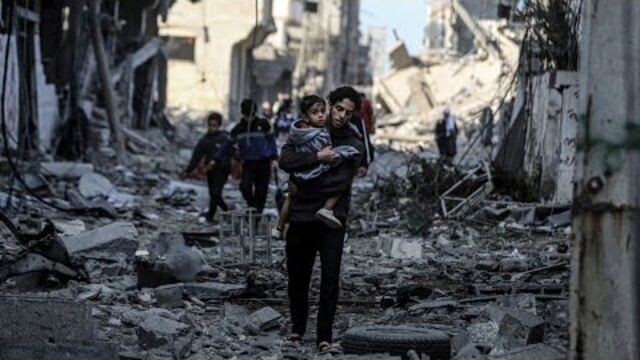
Global Humanitarian Assistance
Several international organizations and governments have stepped in to provide aid and address the crisis.
- United Nations Relief and Works Agency (UNRWA) – Provides food, education, and healthcare support.
- Red Cross and WHO – Deliver medical assistance and emergency aid.
- Arab and European Nations – Offer diplomatic and financial support to alleviate suffering.
Challenges in Aid Distribution
Despite the international efforts, humanitarian aid faces significant obstacles:
- Israeli-imposed restrictions on border crossings.
- Corruption and mismanagement of aid within the Palestinian territories.
- Frequent destruction of infrastructure due to military conflicts.
Economic Devastation in Gaza and the West Bank
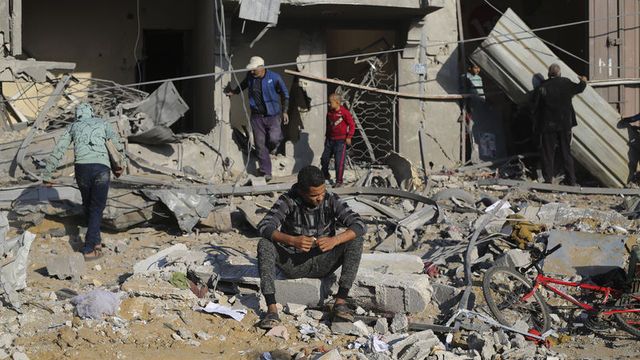
High Unemployment and Poverty
The ongoing tensions and humanitarian crises in Gaza and the West Bank have severely impacted economic stability.
- Gaza’s unemployment rate exceeds 50% due to restricted economic opportunities.
- The West Bank experiences economic instability due to limited access to resources and investment.
Dependence on Humanitarian Aid
- The reliance on foreign aid creates a fragile economy.
- Blockades hinder industrial and agricultural growth, leaving people dependent on donations.
Potential Solutions and the Path to Peace
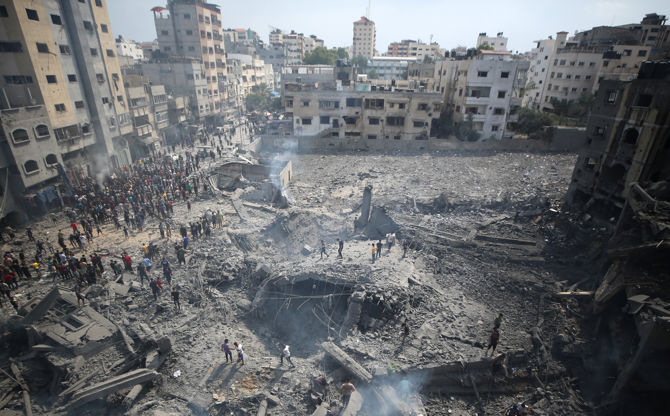
Diplomatic Initiatives
- Two-State Solution – A proposed resolution advocating for an independent Palestinian state alongside Israel.
- International Mediation – UN, USA, and EU interventions to broker peace.
- Recognition of Palestinian Rights – Ensuring fair treatment, access to resources, and political representation.
Strengthening Humanitarian Aid
- Easing border restrictions to facilitate aid flow.
- Establishing independent oversight to prevent aid mismanagement.
- Investing in rebuilding infrastructure and economic opportunities.
Ceasefire Agreements and Conflict De-escalation
The ongoing tensions and humanitarian crises in Gaza and the West Bank require immediate diplomatic interventions to ensure long-term peace.
- Implementing long-term ceasefire agreements between Israel and Palestinian factions.
- Encouraging negotiations instead of military solutions.
- Establishing demilitarized zones to prevent escalations.
Conclusion
The ongoing tensions and humanitarian crises in Gaza and the West Bank demand urgent global attention and sustainable solutions. While the situation remains complex, international cooperation, diplomatic interventions, and humanitarian efforts can pave the way for a peaceful and prosperous future for Palestinians and Israelis alike. Addressing the root causes, ensuring fair treatment, and promoting long-term economic stability are critical steps toward lasting peace in the region.
